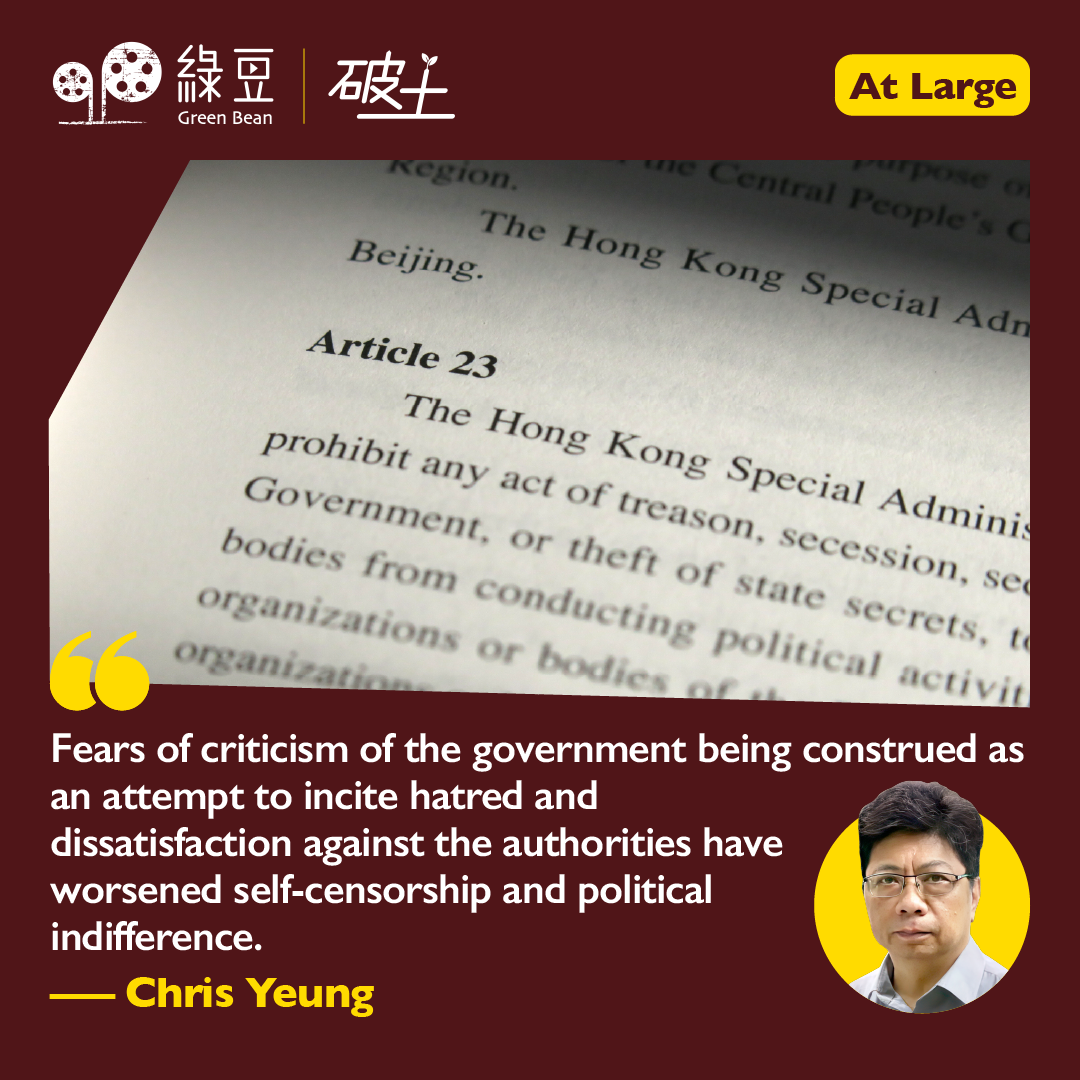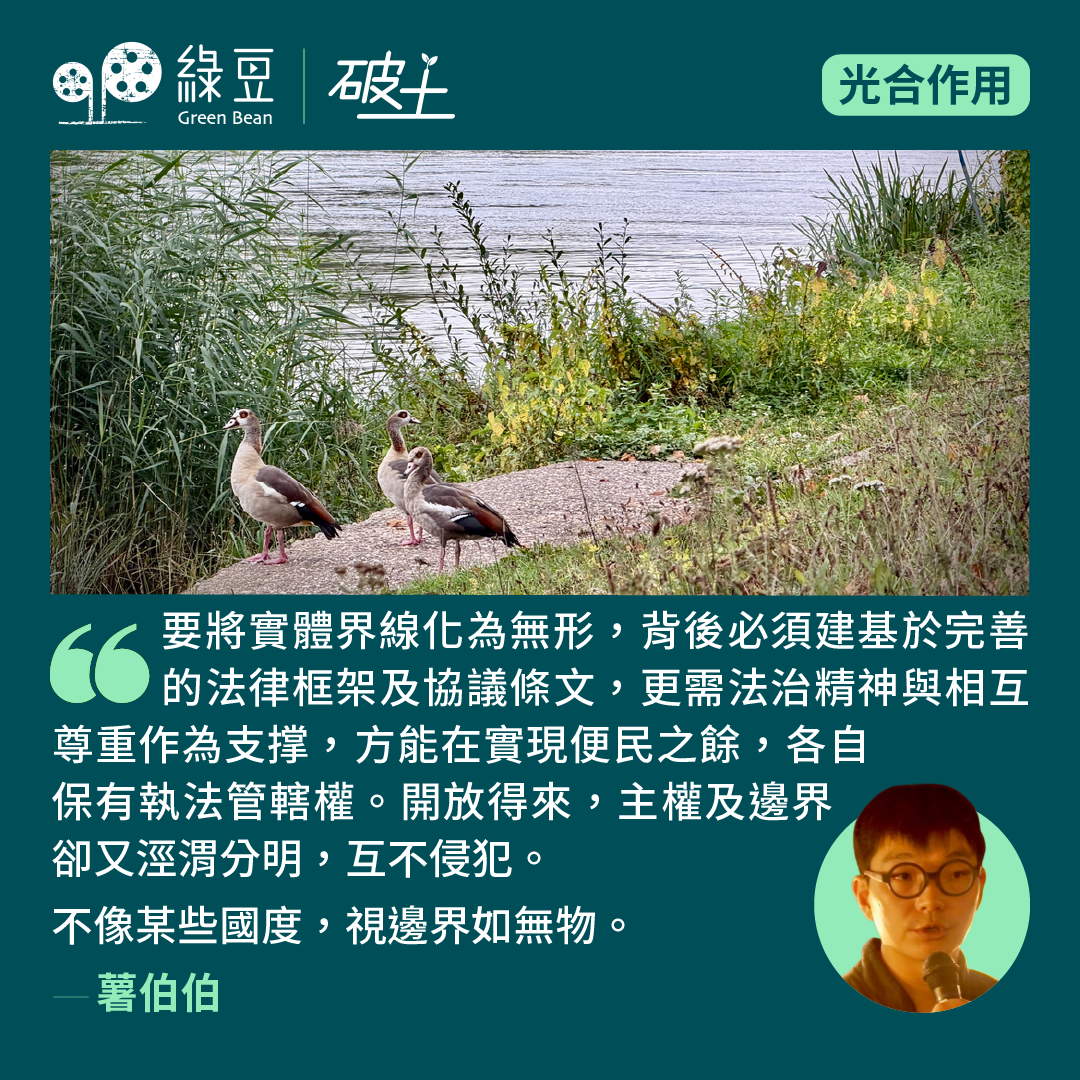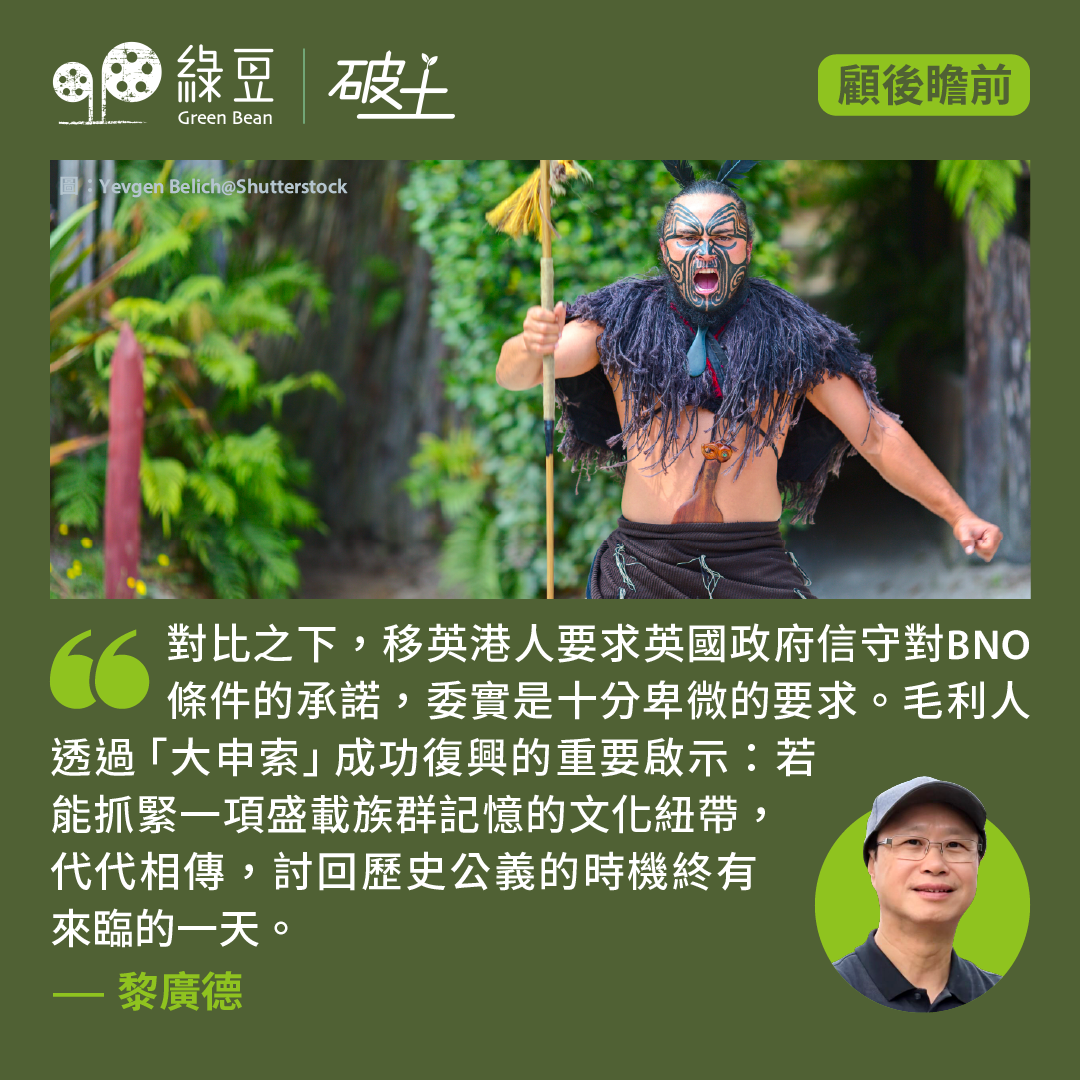First year of Article 23 law not just a few cases

Despite a blitz of publicity in pro-Beijing newspapers, the first anniversary of the gazettal of the national security law mandated by Basic Law Article 23 was almost forgotten by most media outlets and the public at large in Hong Kong.
The law, Safeguarding National Security Ordinance, took effect on March 23 last year. It covers offences stipulated in Article 23 that were not included in the Hong Kong national security law imposed by China’s national legislature in July 2020.
With the 2020 NSL taking effect for almost five years, ordinary citizens can be pardoned for feeling confused and indifferent about the first anniversary of a separate, but related, Article 23 legislation.
Many of them, imbued with a mixed feeling of futility, apathy and fear about national security-related issues, chose to ignore and forget. Most, if not all, media outlets, have kept coverage of national security stories to the minimum to distance from the “red lines”.
Five were charged under the 2024 NSL
From the outset, the first year of the implementation of the Article 23 legislation saw no eye-catching cases anywhere near to the Apple Daily case and the democrats’ Legislative Council primary election case.
The number of cases related to the second NSL is small; their impact appears to be insignificant. It is more so when compared with the NSL that took effect in 2020.
According to government data cited by the South China Morning Post, as of March 1, police have arrested 320 people suspected of endangering national security under all relevant laws in the city since 2020.
The data shows 91 people and four companies were charged under the 2020 law, with 76 people convicted. Five were charged under the 2024 NSL. Three were sentenced.
Citing its work in defending national security, the Government refused to disclose specific figures on how many people had been arrested under the new ordinance.
According to government statements and media reports, the 13 arrests carried out under the ordinance that were made public were all related to sedition. Five have been charged with the sedition offence.
Of them, three pleaded guilty. They were jailed for up to 14 months for displaying anti-government slogans or persistently posting videos and images calling for officials to step down.
None of them were prominent figures.
The overall impacts are enormous and profound
On the face of it, the 2024 NSL has been implemented with restraint. But from a broader perspective, the overall impacts of the two national security legislations have been enormous and profound.
True, the number of sedition cases is small. But the cases and the law itself have deepened the chilling and deterrent effects that have become clear and apparent since the 2020 law came into force.
Contrary to what government officials have said, the NSLs have brought about drastic changes in the socio-political scenes and people’s daily life since 2020. The lesson to learn by enterprises from the CK Hutchison’s troubled ports deal is profound.
Amid rising tension between China and the United States, the principle of upholding national security and safeguarding the nation’s core interests has increasingly run into conflicts with the interests of multinational firms.
With the opposition political force in tatters and political rallies such as the July 1 march and June 4 commemoration becoming history, the authorities’ application of the sedition offence is hardly surprising against the backdrop of repeated official warnings against what they deemed as “soft resistance”.
In general, it is referring to deeds and words that were deeded as being aimed to incite hatred and dissatisfaction against the government.
Self-censorship and political indifference
Adding more deterrents, the 2024 legislation and, also importantly, the exercise of powers by government departments and law enforcement bodies towards civil society groups and online media outlets have changed the socio-political culture of the city.
Journalists, academics, professionals and people from different walks of life have become more conscious of the imperatives of staying away from the “red lines” even though many of them do not know where the “red lines” are.
Fears of criticism of the government being construed as an attempt to incite hatred and dissatisfaction against the authorities have worsened self-censorship and political indifference.
Critical voices have either been muted or been moderated in the Legislative and District councils, the media and society at large. When people feel unsafe to speak the truth unto the power, something went wrong.
Diversity breeds vibrancy. Hong Kong has thrived on diversity. The past weekend saw diversity and vibrancy in the air at Kai Tak Stadium when the three-day Hong Kong Sevens was held. The contrast of the mood and atmosphere inside and outside the Stadium is both saddening and thought-provoking.
▌[At Large] About the Author
Chris Yeung is a veteran journalist, a founder and chief writer of the now-disbanded CitizenNews; he now runs a daily news commentary channel on Youtube. He had formerly worked with the South China Morning Post and the Hong Kong Economic Journal.





